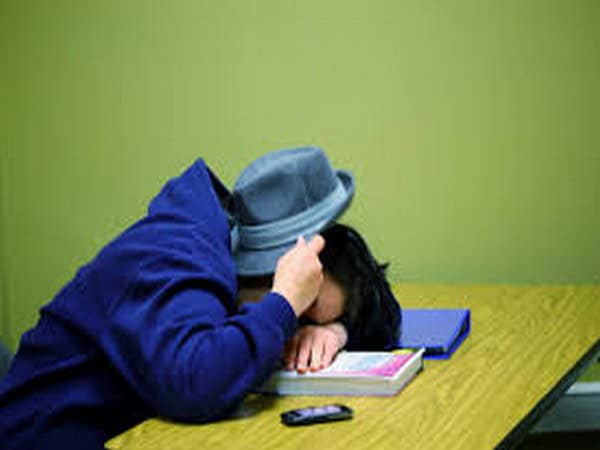Washington: A new study suggested that college students including athletes who are getting insufficient sleep are more likely to develop mental health issues.
The findings in the study, published in the Journal ‘Sleep’, showed that with every additional night of insufficient sleep, the risk of experiencing mental health symptoms increased on an average by more than 20% – including an increased risk of 21% for depressed mood, 24% for hopelessness, 24% for anger, 25% for anxiety, 25% for desire to self-harm, 28% for functional problems, and 28% for suicide ideation.
“It was really surprising to see how strongly insufficient sleep was associated with a wide variety of mental health symptoms among college students,” said lead author Thea Ramsey.
“Also, it was intriguing that while student-athletes experienced on average fewer nights of insufficient sleep and better mental health, the relationship between insufficient sleep and mental health was as strong or stronger in athletes compared to non-athletes,” Ramsey added.
Data were aggregated from the 2011-2014 involved 110,496 individuals who provided complete data, including 8,462 varsity athletes.
Insufficient sleep was assessed as the number of nights students did not “get enough sleep so that you felt rested when you woke up.” Mental health symptoms were assessed as the presence of symptoms in the past 30 days.
Adjusted models controlled for age, sex, race or ethnicity, and survey year. Additional models included controls for insomnia and depressed mood.
“The fact that sleep health was so strongly related to mental health is important since the majority of college students don’t get the recommended amount of sleep needed for optimal health and functioning,” said senior author Michael Grander.
Grander continued, “So, these young adults aren’t sleeping enough, and not only does that increase their likelihood for things like worse academic performance and health, but it also takes a toll on their mental health as well.”
[source_without_link]ANI[/source_without_link]

